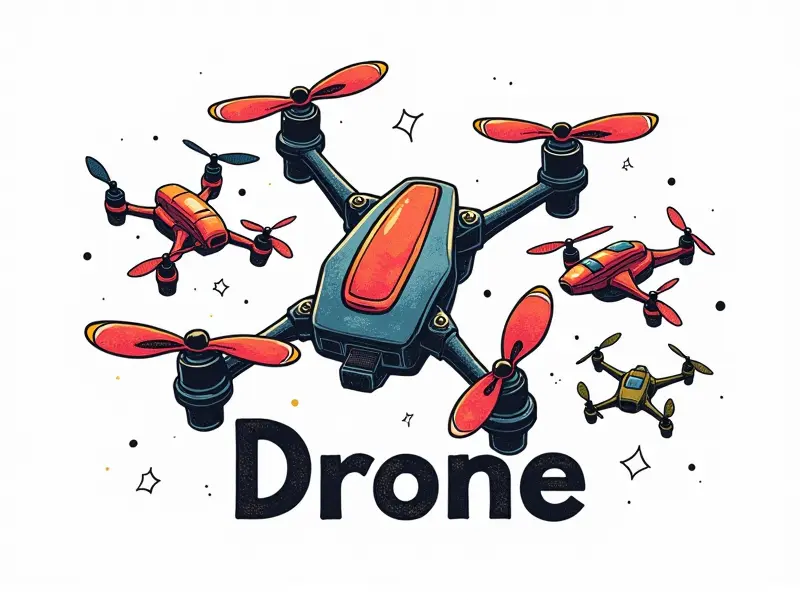Drone regulations by country

Drone Regulations by Country
Drone Laws Around the World
Navigating drone legislation can be challenging due to the varying requirements and restrictions imposed by different countries. From licensing and registration to airspace limitations, each nation has its own set of rules that must be adhered to in order to fly drones legally.
Global Drone Regulations Guide
- Licensing Requirements: Many countries require operators to obtain a drone pilot license or certification before operating UAVs commercially or recreationally.
- Airspace Restrictions: Certain areas, such as military bases and airports, are off-limits for drone flights. Violating these restrictions can result in severe penalties.
- No-Fly Zones: There are designated no-fly zones where drones cannot be flown due to safety or security concerns.
International Drone Flying Rules
To ensure compliance with international drone laws, it's crucial to familiarize yourself with the specific regulations of each country you plan to operate in. Here’s an overview:
Country-Specific Drone Legislation
- United States: The Federal Aviation Administration (FAA) regulates drones through Part 107 and requires pilots to obtain a Remote Pilot Certificate.
- European Union: EU member states adhere to the European Aviation Safety Agency’s (EASA) regulations, which mandate registration for drones over 250 grams.
- Canada: Transport Canada enforces drone rules that include mandatory pilot certification and airspace restrictions.
Worldwide Drone Regulation Overview
The following chart provides a quick reference guide to key regulations across several countries. This information is subject to change, so always consult the latest official sources for updates:
| Country | Licensing Required? | Airspace Restrictions | No-Fly Zones | Registration Needed? |
|---|---|---|---|---|
| United States | Yes (Remote Pilot Certificate) | Military bases, airports | National parks, stadiums | Yes (FAA registration) |
| European Union | No for recreational use; Yes for commercial use | Military installations, airports | National parks, stadiums | Yes (EASA registration) |
| Canada | No for recreational use; Yes for commercial use | Military bases, airports | National parks, stadiums | Yes (Transport Canada registration) |
Navigating Drone Laws Globally
The process of flying drones legally abroad involves several steps:
- Research Local Regulations: Start by visiting the official aviation authority website for each country you plan to fly in.
- Obtain Necessary Permits: Secure any required licenses, certifications, or permits before your trip.
- Avoid No-Fly Zones: Know and respect designated no-fly areas to avoid legal trouble.
Drone Regulation Comparison Chart
This chart compares key drone regulations across different regions:
| Region/Country | Licensing Requirement | Airspace Restrictions | No-Fly Zones | Registration |
|---|---|---|---|---|
| United States (FAA) | Remote Pilot Certificate | Military bases, airports | National parks, stadiums | Yes |
| European Union (EASA) | No for recreational; Yes for commercial | Military installations, airports | National parks, stadiums | Yes |
| Canada (Transport Canada) | No for recreational; Yes for commercial | Military bases, airports | National parks, stadiums | Yes |
International Drone Permit Requirements
To fly drones legally in different countries, you must meet specific permit requirements:
- United States: FAA Remote Pilot Certificate
- European Union: EASA Operator ID (for commercial use)
- Canada: Transport Canada Pilot License (for commercial use)
Cross-Border Drone Compliance
Flying drones across borders requires adherence to both the home country and destination country’s regulations. Here are some tips:
- Check Dual Regulations: Ensure compliance with rules from both your origin and destination countries.
- Contact Local Authorities: Reach out to local aviation authorities for guidance on cross-border operations.
- Use Trusted Resources: Consult reputable sources like the International Civil Aviation Organization (ICAO) for global standards.
Essential Drone Legalities Globally
In addition to country-specific laws, there are several universal guidelines that all drone operators should follow:
- Privacy Laws: Respect privacy rights when capturing images or videos of individuals.
- Data Protection: Ensure compliance with data protection regulations like GDPR in the EU.
- Environmental Regulations: Adhere to environmental laws and avoid disrupting wildlife habitats.
Flying Drones Legally Abroad
To ensure a smooth and compliant drone operation while traveling internationally, it’s essential to thoroughly research the local regulations and obtain any necessary permits or certifications. By following these guidelines, you can enjoy safe and legal drone flights in various countries.
In conclusion, understanding and adhering to international drone laws is crucial for both recreational and commercial operators. By staying informed about country-specific regulations and obtaining the required permissions, you can avoid legal issues and ensure a successful and enjoyable drone flying experience abroad.

